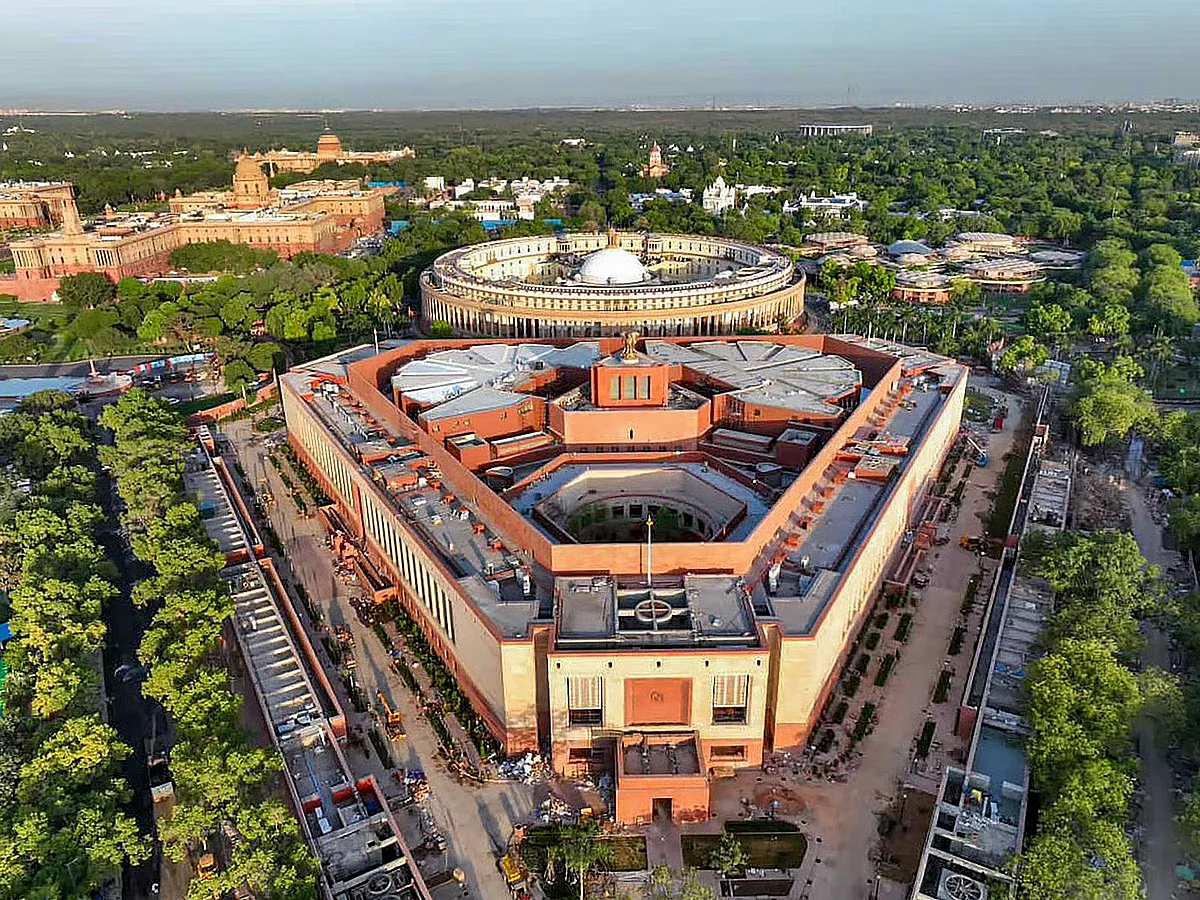
Jagdeep Dhankhar Resigns: How Will New Vice President Of India Be Elected?
On Monday evening, in a surprise move, the Jagdeep Dhankhar resigned as the Vice President of India on medical grounds, despite having two years of tenure left.
In a letter to the President of India, Droupadi Murmu, the former VP, who was elected in 2022, said: "To prioritise health care and abide by medical advice, I hereby resign as the Vice President of India, effective immediately, in accordance with Article 67(a) of the constitution.
Recommended For YouStay up to date with the latest news. Follow KT on WhatsApp Channels.
In the notice, the leader expressed his gratitude to India's President, Droupadi Murmu, for her "unwavering support and soothing relationship" and Prime Minister Narendra Modi for his "cooperation and support".
How is the Vice President of India elected?
The Vice President of India is elected by an electoral college which consists members of both houses of Parliament. This happens according to the system of proportional representation by means of the single transferable vote and the voting in such election is by secret ballot. The Electoral College to elect a person to the office of the Vice-President consists of all members of both Houses of Parliament.
The Vice-President is not a member of either House of Parliament or of a House of a Legislature of any state. If a member of either House of Parliament or of a House of a Legislature of any state is elected as Vice-President, he is deemed to have vacated his seat in that House on the date he/she enters his office as Vice-President.
Eligibility
A person cannot be elected as Vice-President unless they:
are a citizen of India; have completed the age of 35 years, andare qualified for election as a member of the Council of States (Rajya Sabha).
A person is not also eligible if he holds any office of profit under the Government of India or a State Government or any subordinate local authority.
Filling a vacancy
An election to fill a vacancy caused by the expiry of the term of office of Vice-President is completed before the expiry of the term. In case a vacancy arises by reasons of death, resignation or removal or otherwise, the election to fill that vacancy is held as soon as possible after the occurrence.
The Constitution provides an outer limit of six months (Article 62) for election to the office of the President of India under these circumstances. The person so elected is entitled to hold office for a full term of 5 years from the date he enters office.

Legal Disclaimer:
MENAFN provides the
information “as is” without warranty of any kind. We do not accept
any responsibility or liability for the accuracy, content, images,
videos, licenses, completeness, legality, or reliability of the information
contained in this article. If you have any complaints or copyright
issues related to this article, kindly contact the provider above.


















Comments
No comment